Date: 12 May 2018
Once we were done with our visit to the Royal Palace and Silver Pagoda, we walked back to our hotel to have our breakfast.
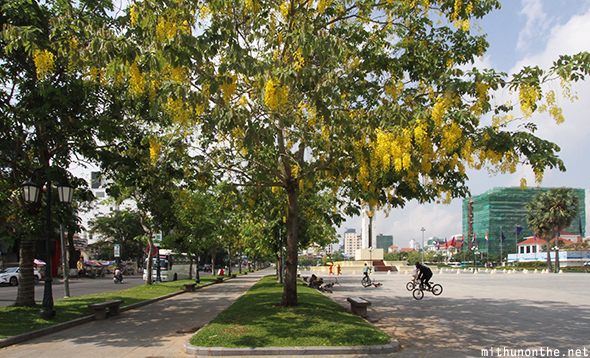
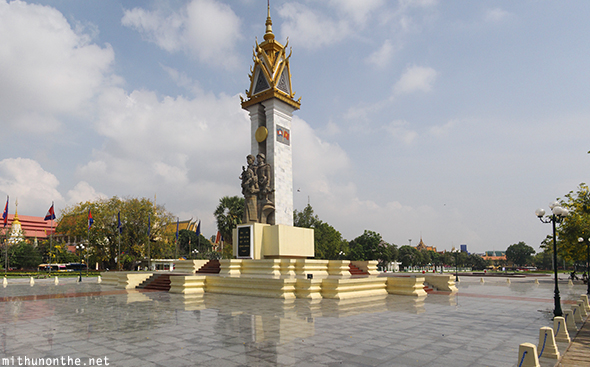
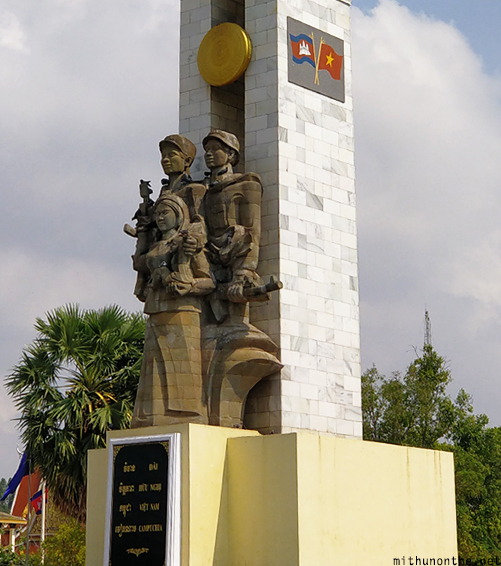
Once back in the hotel, we packed up, had our breakfast and took a taxi to the bus company’s office.
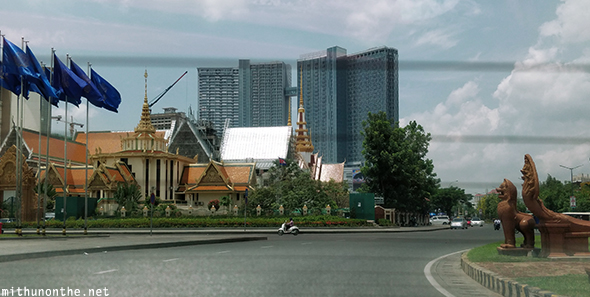
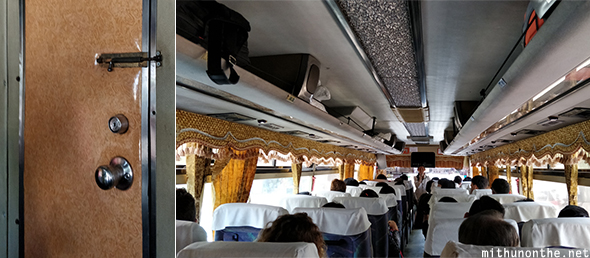

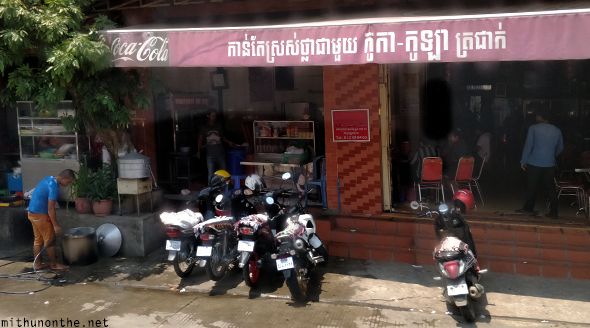
Personal website of Mithun Divakaran, a guy you may or may not know -- or like.
Date: 12 May 2018
Once we were done with our visit to the Royal Palace and Silver Pagoda, we walked back to our hotel to have our breakfast.



Once back in the hotel, we packed up, had our breakfast and took a taxi to the bus company’s office.




Date: 12 May 2018
After starting our day with a very early river cruise along the Mekong, we decided to visit the Royal Palace of Phnom Penh instead of heading back to our hotel for breakfast right away.
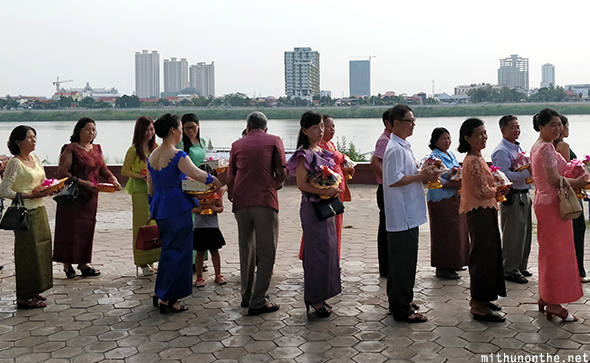
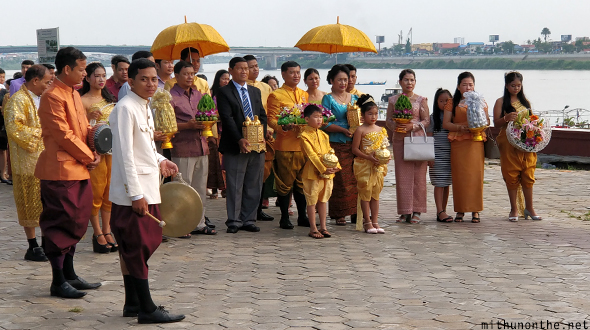
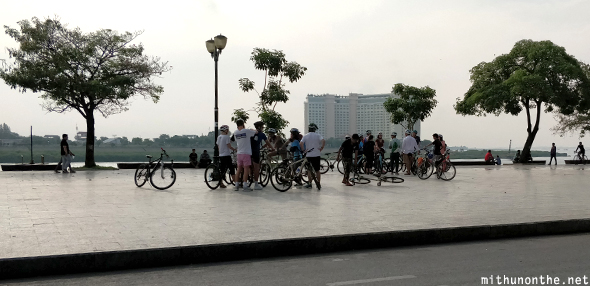
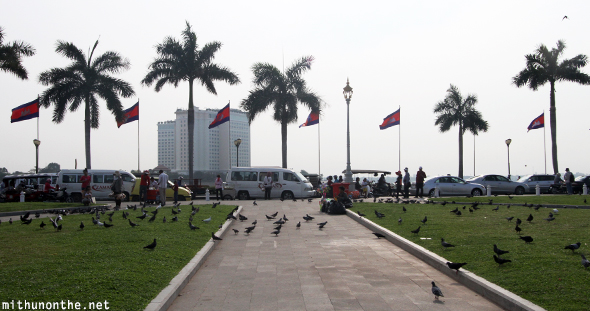
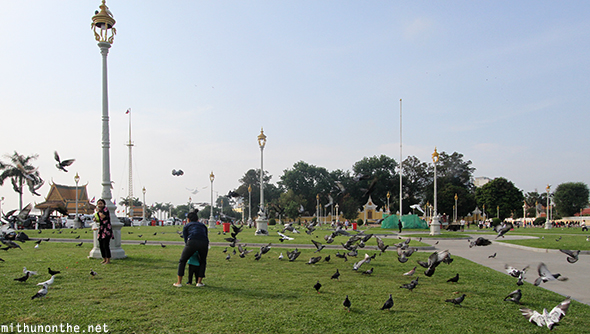
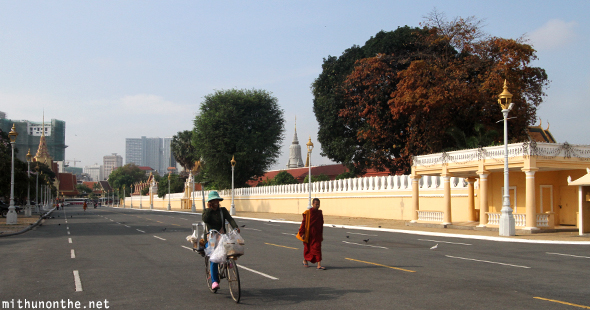
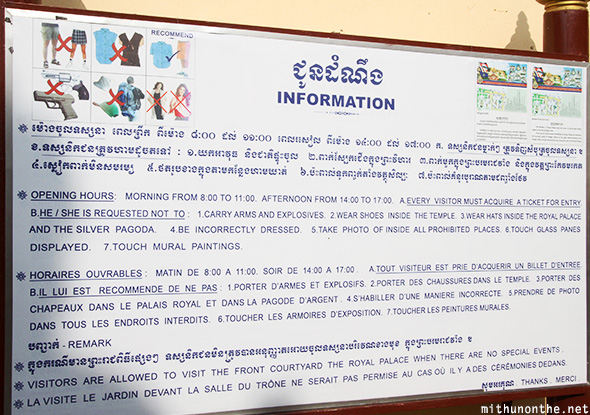
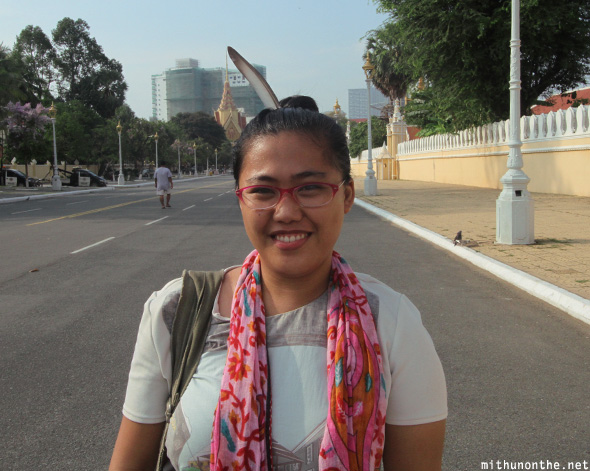
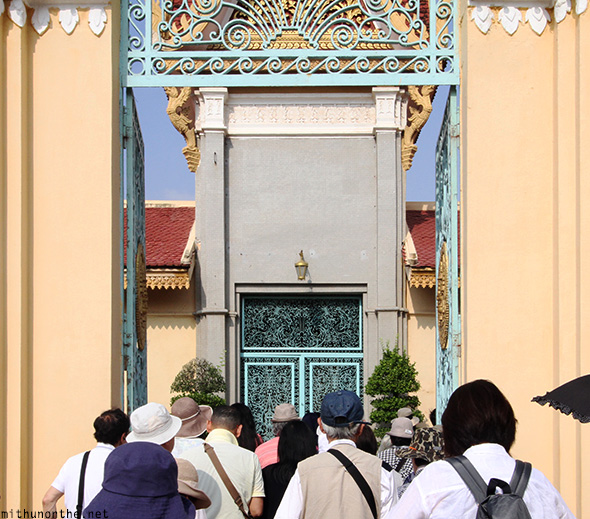
Date: 12 May 2018
After spending all of yesterday visiting Choeung Ek genocidal center, Tuol Sleng Genocide Museum and exploring other sights in Phnom Penh, we woke up really early to go for a sunrise cruise on the Mekong river. I booked the tour with Memorable Cambodia. It cost $20 per person for the 5:30am trip.
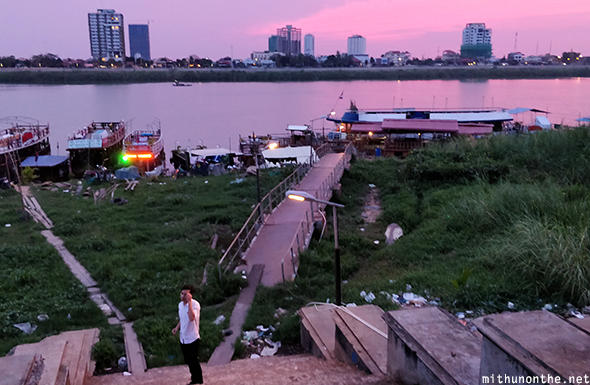
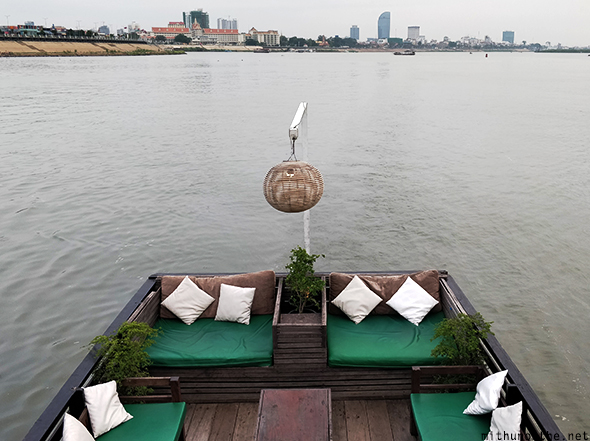
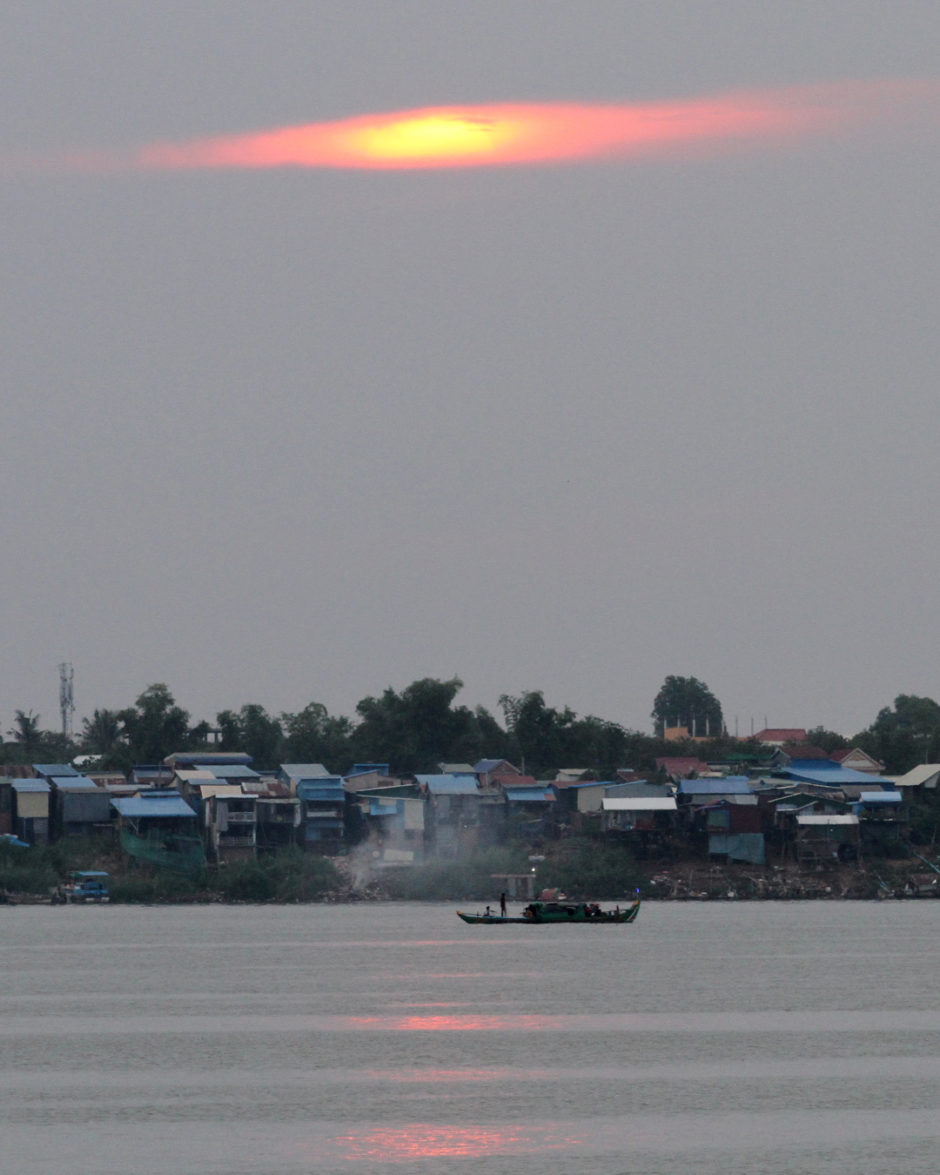
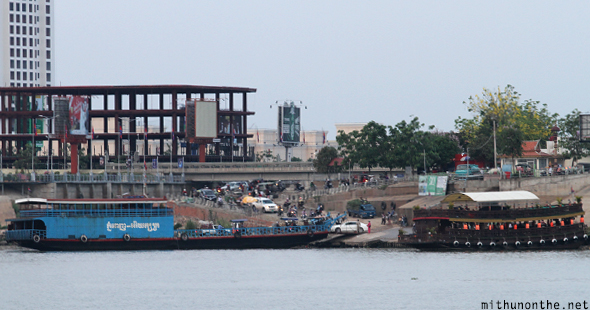
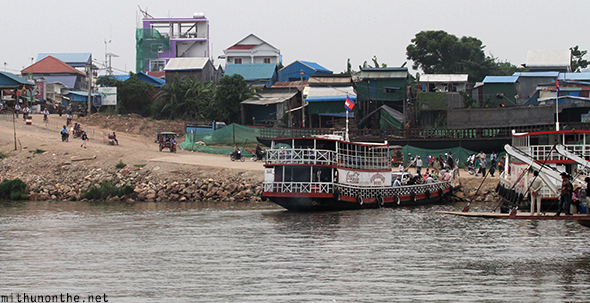
While we were served juices and freshly cut fruits, I could not help but notice the stark contrast between the two sides.
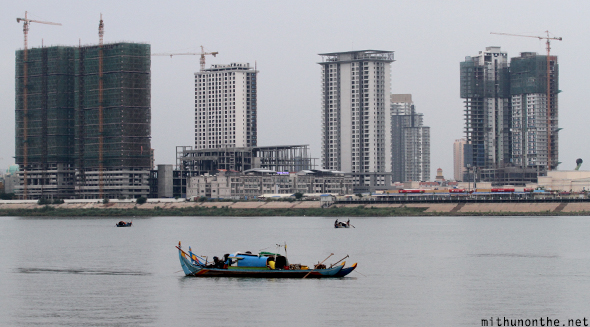
The minute I stepped out of Phnom Penh airport, I could not help but notice the amount construction going on in the city, much of it by Chinese companies. There are projects funded by Korean and Japanese companies too but the Chinese investment far outnumbered those.
I used the opportunity of having a local Phnom Penh resident (who could also speak English) with us to ask him about China’s growing presence in his country. I started by asking him about the high rise apartment buildings coming up in Phnom Penh.
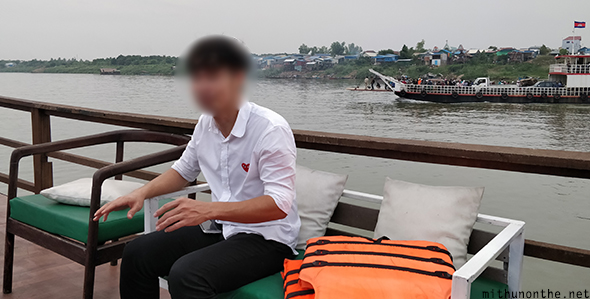
He told me most of these luxury apartments are built by Chinese companies for Chinese buyers. Only a few Cambodians can afford them so the majority are bought by Mainland Chinese as real estate investments and only a few migrating to Phnom Penh. He told me about how some Chinese are buying multiple apartments, sometimes an entire floor of apartments to spend their new found wealth (and in some cases, illicit wealth too). Reading about Chinese buying apartments in Phnom Penh — it’s certainly not cheap. According to this Reuters article from 2018, the average going rate is $350 (Rs. 24,000) per square feet. Very expensive considering the average Cambodian in Phnom Penh earns less than $1000 per month. But as stated, Cambodians are not the primary customer target for these builders.
Chinese buying property abroad is nothing new. They are now amongst the highest buyers of property in places like Vancouver, UK, Australia, Singapore and United States. Buying expensive property (or property that foreigners are eligible to buy) is usually a path to migration and many Chinese are taking advantage of it, especially the newly rich and upper middle class. Those who can’t afford the global cities of the “first” world are looking to countries like Cambodia, where property is still cheaper than the big Chinese cities like Shanghai, Beijing and Shenzhen.
Our host was a young college graduate who after completing his degree in tourism, he and his batchmates started a tourism company. He also had a lot to say about Cambodia’s “corrupt politicians” in power and how they are basically “selling Cambodia” to the Chinese. It may sound like an exaggeration coming from the youth complaining about politicians but when you hear about how in 2008, a Chinese company was granted a 99-year lease to around 20% of the kingdom’s total coastline at the modest price of US$30 per hectare, he’s not that wrong to think that way.
Continue reading “Cambodia: Mekong River Sunrise Cruise… and an insight into Chinese investment in the region” »